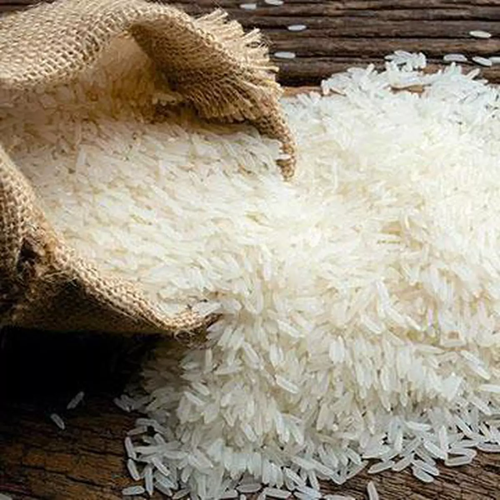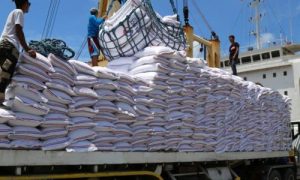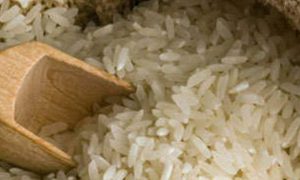ISARC focuses on devpt of rice with low methane emission

Varanasi: Senior agriculture officials from India, Bangladesh, Sri Lanka, and Nepal gathered at International Rice Research Institute (IRRI) South Asia Regional Centre (ISARC), Varanasi for the 7th ISARC Coordination Committee (ICC) meeting held on Thursday. Presiding over the meeting, IRRI interim director general Ajay Kohli said ISARC is emerging as an evidence-based research hub for all research related to transforming the rice-based agri-food system in the South Asian Region.
“Our focus for this year is to work on development of rice varieties with low methane emissions and enhancing the productivity of premium quality nutritious rice. To achieve the goals, we are working on propagation of best agronomic and management practices such as Dry Seeded Rice (DSR) and Alternate Wet and Drying (AWD)”, he said.
He said DSR, one of the major flagship research programmes of IRRI, delivers faster planting and maturing, conserves scarce resources like water and labor. It is more conducive to mechanization and reduces emissions of greenhouse gases that contribute to climate change in comparison to the conventional puddled transplanted rice technique. Secretary of Agriculture and Farmers Welfare Manoj Ahuja said ISARC has showcased its capabilities in research, extension, capacity development, and technology dissemination, bringing tangible solutions to address pressing challenges facing
our agricultural landscape. Highlighting few achievements like release of ultra-low Glycemic Index rice varieties, Speed breeding protocol, Direct Seeded rice and Seeds Without Border, he urged the national partners to replicate the innovations in their respective regions through technical support from ISARC.
ISARC director Sudhanshu Singh said “We have strengthened our partnerships to forward rice research and development for transforming rice-based agri-food systems in the region.” “We are geared up to combat impending challenges of climate change. ISARC is also working on some shorter duration varieties helping in reduction of GHGs emissions,” he added.

















